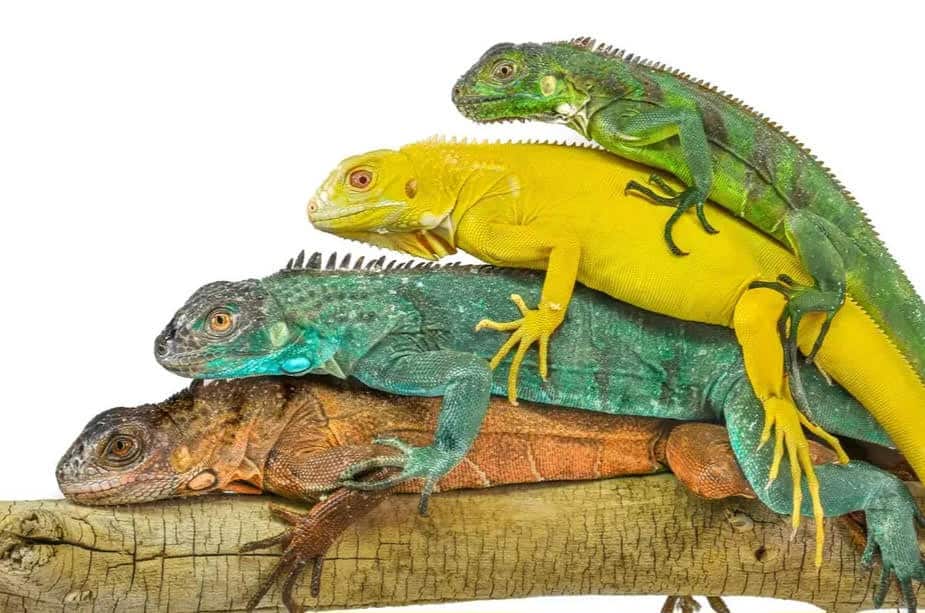The United States Association of Reptile Keepers Florida (USARK FL) has filed a Motion for Summary Judgment in their lawsuit against the Florida Fish
The United States Association of Reptile Keepers Florida (USARK FL) has filed a Motion for Summary Judgment in their lawsuit against the Florida Fish and Wildlife Conservation Commission (FWC) in case number 2021-CA-977 in Leon County Circuit Court. USARK FL and several individual USARK FL members are challenging FWC’s 2021 rule amendments that moved several species, including Green iguanas and Tegus, to a newly-created “Prohibited Species” list, essentially ending the live animal trade in these species in Florida.
An excerpt from USARK FL’s Summary of Argument in the Motion for Summary Judgment is copied here:
The Florida Fish and Wildlife Conservation Commission (“FWC”) is constitutionally endowed with the regulatory and executive power of the state with respect to “wild animal life.” Art. IV, § 9, Fla. Const. (emphasis added). With this provision as its exclusive authority, FWC amended chapter 68-5, Florida Administrative Code (“Amended Rules”), in February 2021 with the goal of prohibiting the commercial breeding of certain caged animals including Plaintiffs’.
Pet Businesses Respond to Florida FWC Chairman Barreto’s Call for Shut Down
FWC plays a critical role in protecting, preserving, and promoting Florida’s wild animal life, but like every other executive agency, FWC must stay within its constitutional lane and observe due process when rulemaking. FWC has done neither in adopting the Amended Rules. This is a facial and as applied challenge to the Amended Rules asking this Court to declare whether they have the unconstitutional purpose and effect of prohibiting commercial breeding of caged animals that are not “wild animal life” and have no adverse impacts on wild animal life.
Plaintiffs also ask this Court to declare whether FWC has violated procedural due process under state law by virtue of: failing to notice the actual purpose of the Amended Rules to shutter the breeding industry; failing to consider statements of lower cost regulatory alternative (“LCRAs”) proposed by Plaintiff USARK Florida on behalf of its members due to the unnoticed purpose; failing to prepare an adequate statement of estimated regulatory costs (“SERC”); failing to enact the Amended Rules on a credible biological basis; and biasing the final rule adoption hearing.
In 2010, FWC created the Conditional Species list and associated regulations with the input of reptile keepers. Conditional Species rules allowed keepers to obtain a permit to work with certain nonnative species of reptiles, such as Burmese pythons, under a system that required microchipping of animals, adherence to strict caging standards, and regular inspections by FWC. Conditional Species regulations were successful in preventing escapes and releases of the nonnative species they regulated. During the rule making process that resulted in the 2021 rule changes, USARK FL asked that FWC maintain the Conditional Species framework and even suggested that FWC could place Green iguanas and Tegus on the Conditional Species list, as those species were previously subject to less stringent regulation. FWC rejected this input and instead moved all of the impacted species to the “Prohibited Species” list, which prompted this lawsuit.
USARK FL’s Motion for Summary Judgement may be viewed here:
For the most up-to-date case docket, use the search function on the Leon County Circuit Court website and input case number 2021 CA 977 here. Be sure to disable pop-up blockers on your browser to allow the site to function properly.



